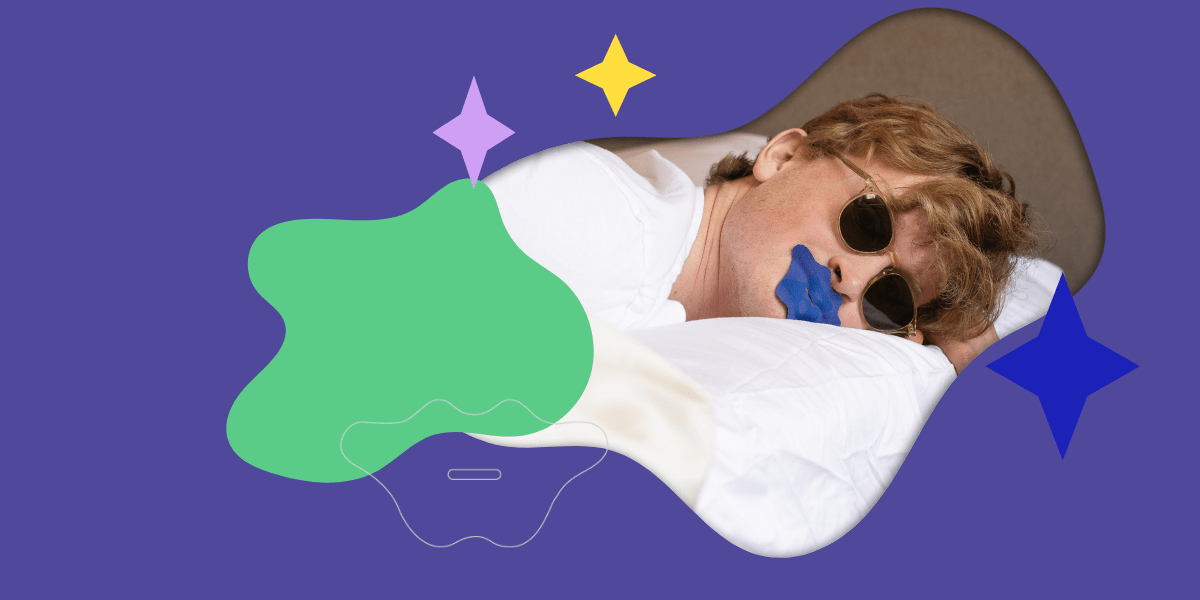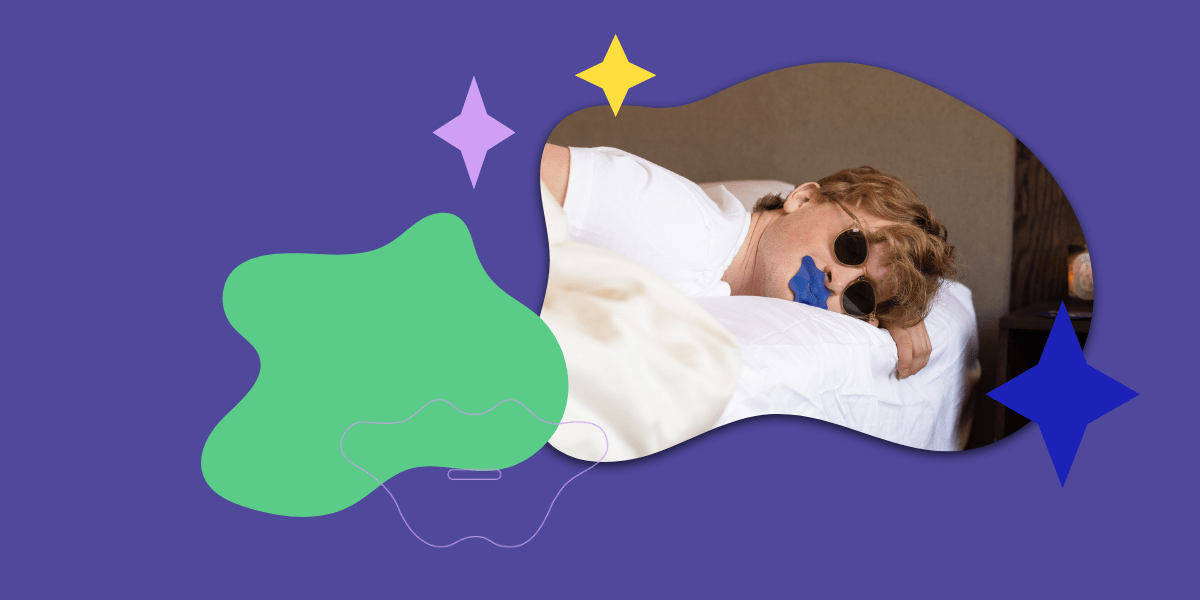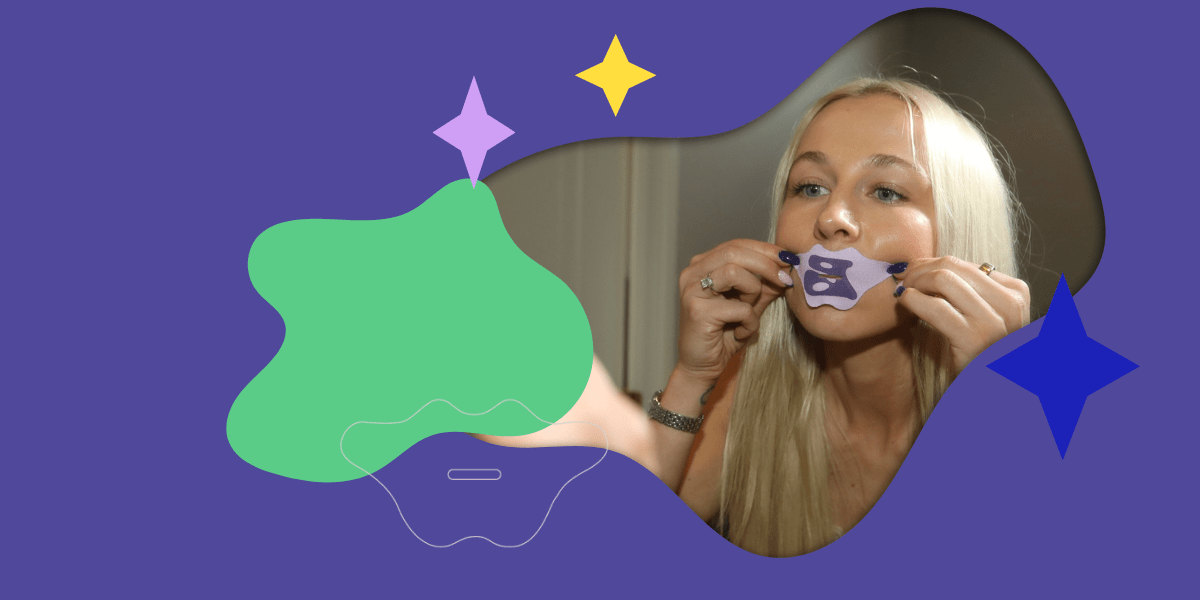7 Sleep Mistakes You Don’t Know You’re Making (And How to Finally Wake Up Refreshed)

Sleep: The One Biohack You Can’t Skip
Top performers don’t leave sleep to chance. LeBron James sleeps 8–10 hours a night. Roger Federer? Up to 12. Tom Brady has a strict wind-down routine and cuts screens by 8:30 p.m. Even Cristiano Ronaldo reportedly works with a sleep coach to optimize recovery around the clock.
Why? Because they know the truth: without quality sleep, everything else breaks down.
According to sleep expert Dr. Matthew Walker, author of *Why We Sleep*, just one night of poor sleep can reduce your physical performance by up to 30% and impair reaction time to levels *slower than legal intoxication*. As he puts it:
“**The shorter your sleep, the shorter your life.**” You can ice bath, supplement, and track every metric under the sun—but if your sleep is off, nothing else sticks.
Sleep isn’t just recovery—it’s regulation. It’s the foundation that every other wellness habit builds on. And the kicker? Most people don’t even realize they’re making small mistakes that sabotage it nightly. Let’s fix that.
Mistake 1: You Sleep In on Weekends
Sleeping in disrupts your circadian rhythm—the internal clock that regulates your sleep-wake cycles, hormone release, and body temperature. When you shift your schedule on weekends, your body feels jetlagged by Monday. ✅ Fix it: Wake up and go to bed at roughly the same time every day (yes, even Sunday). Consistency keeps your circadian system running on time.
Mistake 2: You Eat Too Close to Bed
Your circadian rhythm doesn’t just regulate sleep—it also controls digestion. When you eat late at night, your body stays in “digest mode” instead of shifting into “deep rest” mode. That means higher body temperature, disrupted melatonin release, and more nighttime wakeups.
✅ Fix it: Finish your last meal 2–3 hours before sleep. If you're hungry later, go for something light and easy to digest—like protein or healthy fat. Avoid sugar or carbs that spike blood glucose and interfere with sleep depth.
Mistake 3: You Sleep Too Little (or Too Much)
Getting less than 6 hours short-circuits your body’s ability to complete deep and REM cycles. Getting more than 9 can confuse your circadian rhythm and leave you groggy. That said—if you're training intensely, recovering from stress, or performing at a high level (like many top pros), you might need more than the average.
✅ Fix it: Most adults thrive on 7.5–8.5 hours, but recovery demands vary. Track your sleep, energy, and performance—and adjust based on what your body actually needs.
Mistake 4: You Work Out Too Late
Evening workouts elevate cortisol and core body temp—signals that tell your body it’s time to be alert, not rest. That throws off your natural wind-down cues.
✅ Fix it: Try to train earlier in the day. If evenings are your only option, finish at least 2–3 hours before bed and cool down with breathwork or stretching.
Mistake 5: You Scroll Right Up Until Sleep
Blue light delays melatonin. Dopamine from scrolling keeps your brain stimulated. Even “just 5 minutes” can push your sleep back significantly.
✅ Fix it: Shut screens down at least 30–60 minutes before bed. Use blue light blockers early in the evening—and switch to a book or audio wind-down instead of your feed.
Mistake 6: You Breathe Through Your Mouth
Mouth breathing reduces oxygen intake, increases snoring, and disrupts sleep quality. It also keeps your body in a more stressed, shallow breathing state.
✅ Fix it: Practice nasal breathing. Use saline rinses, improve tongue posture, and explore mouth taping as a gentle nighttime habit.
Mistake 7: You Skip the Wind-Down
Going straight from stimulation to sleep doesn’t work. If you go from TV, computer, or emails directly to bed, your nervous system stays wired—and so do you.
✅ Fix it: Build a pre-sleep ritual: dim the lights, shut down screens, slow your breath, and let your body ease into rest mode.
Want to Go Deeper?
Sleep is personal. But the science is clear: when your sleep works, everything else works better.
Here are a few resources we recommend if you want to learn more:
📘 *Why We Sleep* by Matthew Walker – A foundational book on the science of sleep and why it impacts every aspect of your health.
📘 *The Sleep Solution* by Dr. Chris Winter – A practical, approachable breakdown of sleep disorders and how to fix them.
📘 *Breath* by James Nestor – Eye-opening insights into how your breath affects your sleep, performance, and long-term health.
Better sleep isn’t complicated. But it does require intention. Start with the basics—and your body will take care of the rest.





Comments